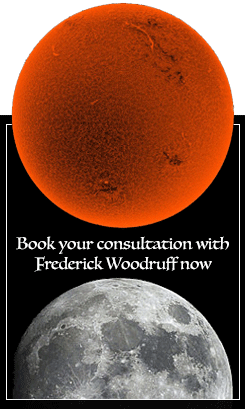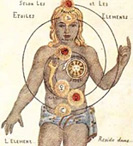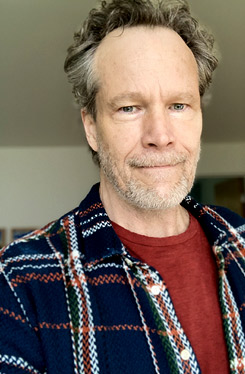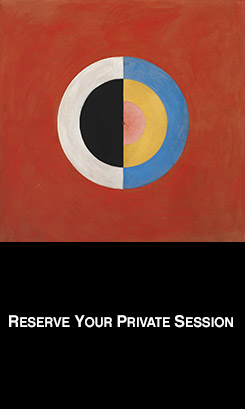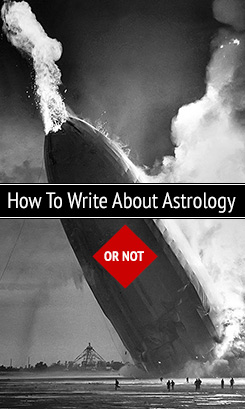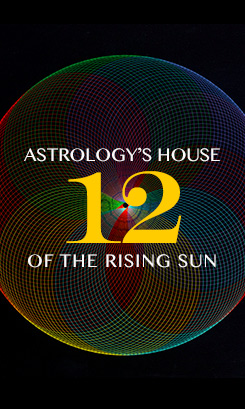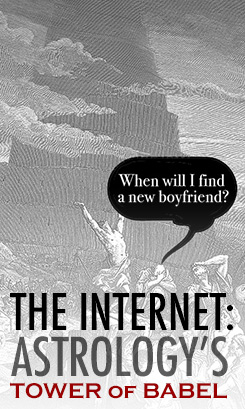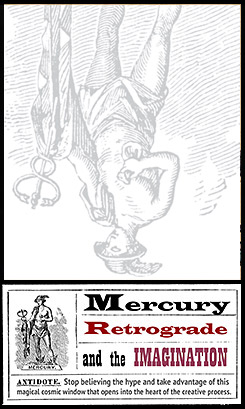Tarthang Tulku: Time and Non-Locatability

In the following quotes from Dynamics of Time and Space, Tarthang Tulku uses the word time in a broader sense than just psychological or linear time.
When we lose contact with time, we have cut the dynamic central to our lives. Subjectively, there is the sense that time is flickering, like a film not properly adjusted on its reel. There is strain that goes nowhere.
These structures are in place before consciousness fully forms… they give rise to nervous agitation or uneasy pain.
If the momentum of time’s forward conducting persists, the agitation and its underlying ‘flickering’ intensify. Suddenly there is an abrupt break, as if the reel of film…had snapped. Everything freezes –movement vanishes. Pain has been transformed into the fixed and rigid structures of linear time.
Consciousness emerges into a temporal order in which time is a hostile force…Time in its pastness grinds us down feeding us the lifeless recordings of the past and the seductive fascinations of the future.
Caught in this fabricated past and future, we are divided against ourselves. Our knowledge and energy are spread across the linear length of the temporal order. Thus, when we set a goal, we assign a part of our constructed identity to that goal. Now it is as though a part of us was ‘out there’ in the future along with our projection, pinned against the temporal horizon of the present moment.
Increasingly confined, we find it deeply disturbing just to inhabit the successive moments of our lives. The specific ‘point’ of time that we occupy lacks all capacity to hold time’s dynamic. Life goes out of the present, drained away ‘across’ time.
We may respond by withdrawing into a dull numbness that has a quality almost like being shocked or stunned. In our worn-out dullness, we are like a baby that has cried itself into exhausted sleep.
If we could awaken at this point to the feeling of pain, we would actually be close to the original dynamic of the time that we have lost. But this alternative is not available, for we are too closely identified with the pain.
As ‘I’ merge with ‘having the pain’, I become the victim of what objectified time has presented. I possess the pain and am possessed by it; in this feedback I repossess it, tightening its hold. Awareness arises only in the wake of recognition, and so can lead only in the direction of further identification.
Accepting the reality of the pain assures its continuation.
Through a direct focus on the painness of pain, this ready interpretation can be recast or re-projected. If there is no ‘I’ as subject — no one making efforts with regard to the pain — there will be no pain to be identified. As pain enters experience and is projected into awareness, it is received without labels and identifications and reactions. There is nothing to be conditioned and no one to be caught. Without the subjective framework, pain is stripped of its solidity.
In this new arriving of what time presents, the logic of temporality defeats itself. The past is gone, the future not yet arrived, the present too short: ‘I’ am nowhere.
Opening Collage When your numbers up by: TrashRiot, © 2015
William Segal: Something is Here, Strange, Wondrous…
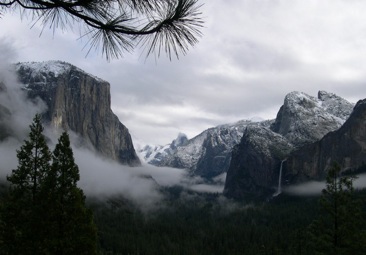
“A man meets his life most poignantly in moments of painful contraction and expansion. At those moments he senses the difference between being present and being taken. If he keeps himself open to the question, he will move in what he believes is a fruitful direction.
Many roads will beckon: art, studies, perhaps drugs — other pursuits. He may not find the answer to his fundamental question but he senses that a reality is escaping him; perhaps that something within himself can change existence. Maybe he has a fleeting feeling while listening to a passage of music, or is struck by a word, by nature. Perhaps some flash appears in the midst of love, of sorrow, or joy — a moment of ah…! Something is here, strange, wondrous.
And at that moment, a door opens. He may or may not go further. The chances are that the pull of gravity will close the door. He will be shut away from his ever-present possibility. Back to the office and workplace, to vacations, to family, to having a good time/bad time, getting and spending. The door may never open again — or will it?”
New Moon Watch: The Envy of Achievement
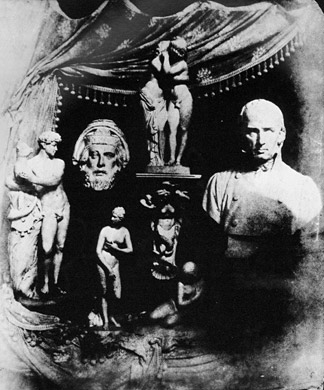
“The Ancients weighed the achievement of an individual by the sum and substance of his actions. Most of Plutarch‘s biographies–for example, of Themistocles, Alcibiades, Pompey, and Antony— are heroic assortments of virtues and vices, clear renderings of the psychological diversity and paradox which seem almost indispensable components of historic greatness.
We moderns, on the other hand, influenced by our religion, qualify all our estimation with a surgical standard of moral purity.
For the ancients, virtue was action, accomplishment, contribution; for us it is an essence so pure and fragile in nature that a beaker of goodness can be ruined by a dram of sin.
Dante makes his beloved teacher, Brunetto Latini, a sufferer in hell, because all his memorable virtues were combined with a single serious vice. Francis Bacon is almost never mentioned as a historical figure without reference to the single act of malfeasance which, deftly exploited by an enemy, ended his political career. The grievous and numerous faults of Winston Churchill are expounded upon interminably by the beneficiaries of the free institutions he fought to save.
And this stubborn altruism, often so extreme as to constitute a conspiracy against nature, extends beyond our histories into our daily lives. Shunning peccadillos, we suffer infamies. Anxious to avoid even appearing to do harm, we lose touch with the necessarily hazardous practice of goodness. We use rectitude to mask our envy of achievement.”
The Joy of Simply Being: Happy Two Thousand Zen!
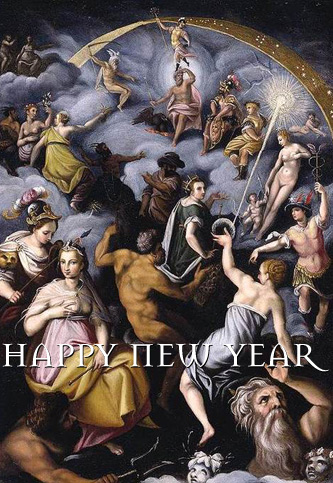
–H.P. Blavatsky
I like how Blavatsky uses the word ‘wish’ when she describes the opportunity that awaits each of us at the start of a new year. A wish is different from a desire, or an idea in the mind about what we think we want. The word wish connotes a blending — not exactly a desire, not exactly a prayer — but something in-between. A silent ceremony that occurs between one’s soul (the personal experience of presence) and one’s Being (one’s existence and presence as the divine).
The fascinating fact about Being is that Being is not intrinsically involved with wanting, desiring or wishing. It’s much more immediate, beyond the confines of time and space. It is simply Being. As presence that is fully present, Being is simply being. Although our soul can register Being as being involved in the process of thinking about the past, registering the present and looking towards the future — objectively, Being is only about being. All the beauty, fulfillment and freedom that the ego dreams about ‘someday achieving’ is all contained, now, within the present-time experience of Being. So there’s nowhere to venture, nothing to get. This is very disturbing to the usual, conventional, ego-based sense of self.
The start of a new year is often a trap for us, because there are such high expectations for experiencing opportunities to do or be something new and different. Resolutions are made, lists are written. The habits we want to lose are noted, the skills we want to develop are highlighted. But within all of that resolving and planning we miss the most important part of what the new year symbolizes — what it is really about. Namely, the opportunity to partake of another cycle of the earth moving around the sun, from solstice to solstice. Another year to experience the mystery of Being. Read more
A Moment’s Pause with Ms. Dillard

“Why does death catch us by surprise, and why love? We still and always want waking. We should amass half dressed in long lines like tribesmen and shake gourds at each other, to wake up: instead we watch television and miss the show.”
— Annie Dillard
The Woof and the Warp of the Now

I’m back on Vashon after visiting the island of Kauai for a ten day Diamond Approach retreat. Having lived in Hawaii for twenty years, I feel slightly immune to the tropical wonders most folks find so beguiling. I do appreciate Hawaii’s beauty, but the rigors, schedule and excitement of ‘retreating’ leans my attention to the material we’re working with — not the beach. And holds it there.
Of the archipelago, Kauai is the oldest, the wettest and the furthest removed, the most northern. In a word its geography is eerie. Approaching the craggy coastline and tremendous, towering sea cliffs, from air, I’m always hit with a distinct sense of the otherworldly, or you could say the other-timely. Landing in Lihue I almost expect to see dinosaurs roaming around the airport’s parking lot, gnawing the tops off of palm trees.
The teaching centered around time, change and the now. This was the first time a retreat coincided with A. H. Almaas‘ (the school’s founder) latest publishing project The Unfolding Now. A book that outlines an understanding very different from Eckhart Tolle‘s teaching in The Power of Now.
Tolle’s view, based more on the shock of revelation rather than an empirical experience of a specific process, as is Almaas’, resurrects erstwhile New Thought concepts regarding the nature of the mind, an incomplete understanding that pits the ego against the desired experience of ‘living in the now’. The equation is simplistic. Ego/mind/emotions not good. Being in the now very good.
I’m not doubting Tolle’s personal experience, I’m just saying it’s extraordinary and not the norm. Given that his awakening was discontinuous — following a condition of near-suicidal hopelessness, I consider it a freak happening, akin to winning the lottery. Read more
